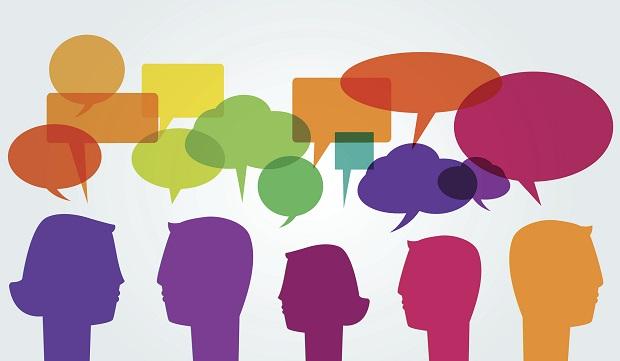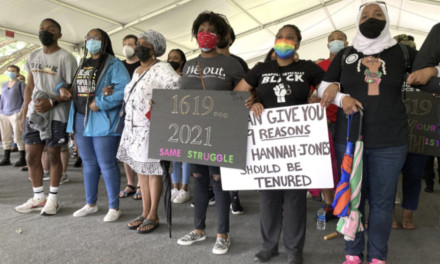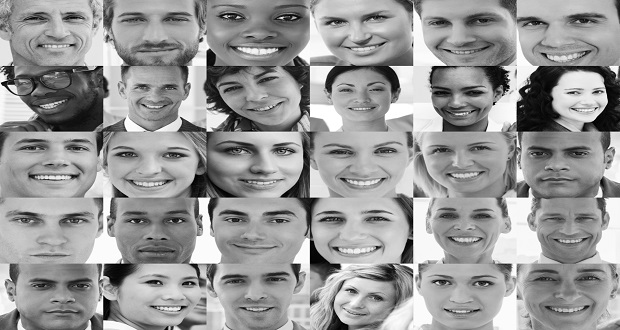
This is the first in a series of posts about the impact of the election on diversity and inclusion efforts.
Don’t talk about politics or religion in public. This old adage is one that we have mostly adhered to for centuries. I would also add race, sexual orientation and disabilities to the list of things that we don’t easily talk about. It is best not to talk about topics for which we know there are vastly different worldviews. The 2016 US presidential election effectively made that tenet null and void. The divisiveness is so deep that it is almost impossible not to talk about politics which also means we are talking about race, ethnicity, religion, class and gender because they were all so intertwined.
A number of organizations have found themselves thrust into a situation where they have to say something. Employees are fearful that because of their difference, the new political climate will no longer protect them. I was conducting a “healing” session for a client just after the election with employees of color who represented various employee affinity groups (e.g. black, Asian, Latino). One of the participants said that as a gay Muslim man he would not stand close to the edge of the subway waiting area any more for fear of being pushed in. A white male leader in attendance as an inclusion advocate was shocked to hear that anyone would have to have such a fear. Another one of our clients, a major public school district, is dealing with children coming to school afraid that their parents will be deported, leaving them here in the US as orphans.
Employees are bringing such fears to work. Children are bringing these fears to school. They don’t know if some of their co-workers or classmates might feel that they now have license to taunt them in ways that would have previously been unacceptable.
So, we have no choice but to talk about these uncomfortable, polarizing issues.
I think the reason for our lack of progress in cross-group understanding is that we do not hone the skills needed for meaningful dialogue. We expect to be able to sit people from vastly different life experiences in a room for an hour or two, or even a day or two and leave with sustained attitude and behavior changes.
We need to not only talk about these issues but we also need the requisite skills to do so effectively. We need to recognize that there are a different set of skills needed to have an inclusive conversation across difference. We cannot assume that what we learned about having a conversation with someone who is more like us is the same as one where the other’s worldview is likely very different from our own because of their race, gender, ethnicity, religion, sexual orientation, class, etc.
So, before you engage in a conversation, here is a checklist to ask yourself if you are ready to talk about an “undiscussable” with people who may have very different worldviews.
- How do you feel about the topic and why?
- If you have a very strong absolute opinion, ask yourself if you really know enough to hold such an opinion? Where did you obtain your knowledge?
- Are you being judgmental without enough knowledge?
- Are you well versed in effective dialogue skills?
- How much trust exists between/among the individuals who will engage in the conversation?
- Are you able to listen for understanding, without judgement?
- Can you separate your feelings about the topic from your feelings about the individual?
- Like any skill, it cannot be mastered without practice. Are you willing to continue to learn, to know how far to take the first discussion and see this as a process rather than an event?
- What are your expectations for the outcome? Have you set the bar too high initially? Maybe you all just need to listen to each other for the first dialogue and then take some time to reflect before meeting again.
Earlier this year we did a series on how to have bold conversations on race and shared skills and a dialogue process. We think these same skills apply to other diversity topics as well.


















